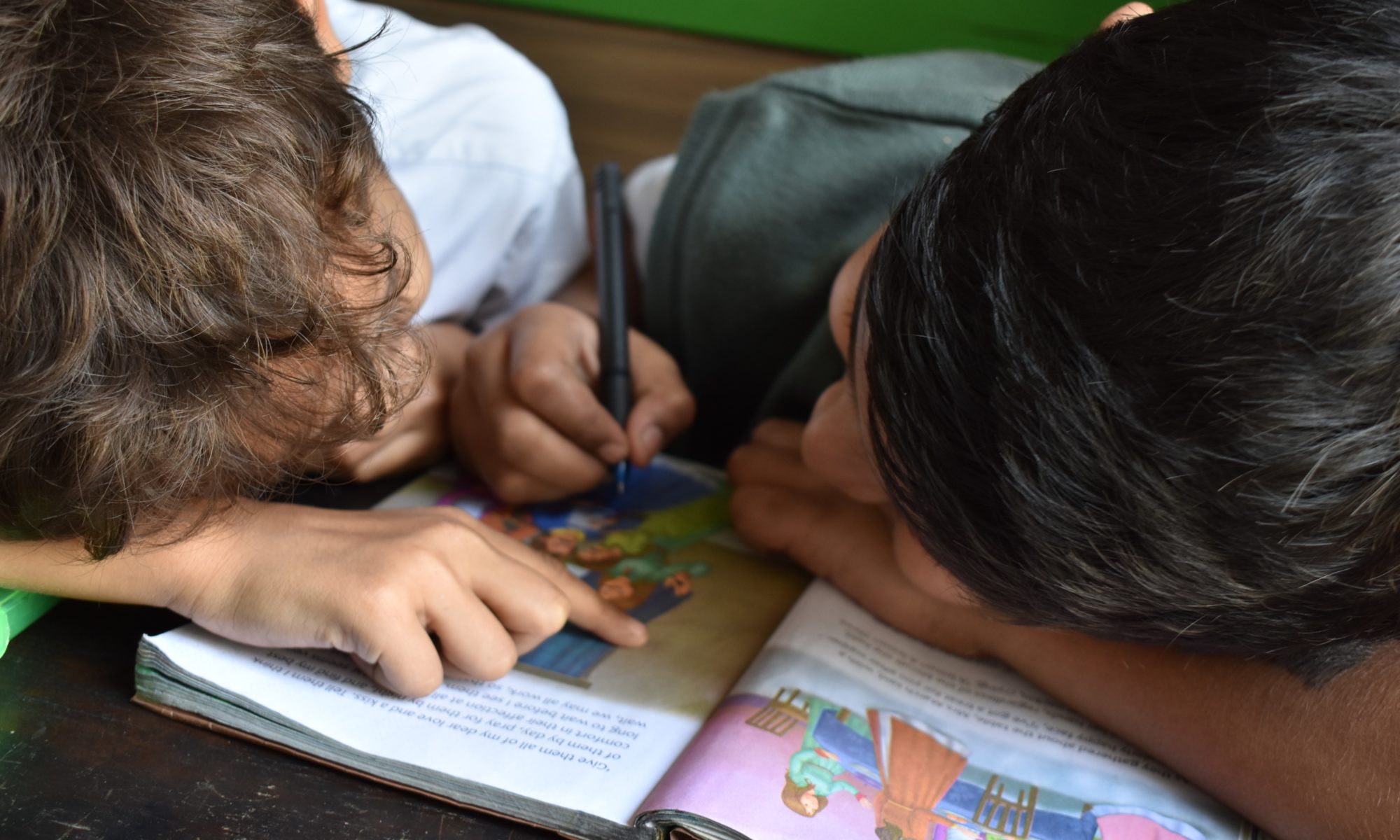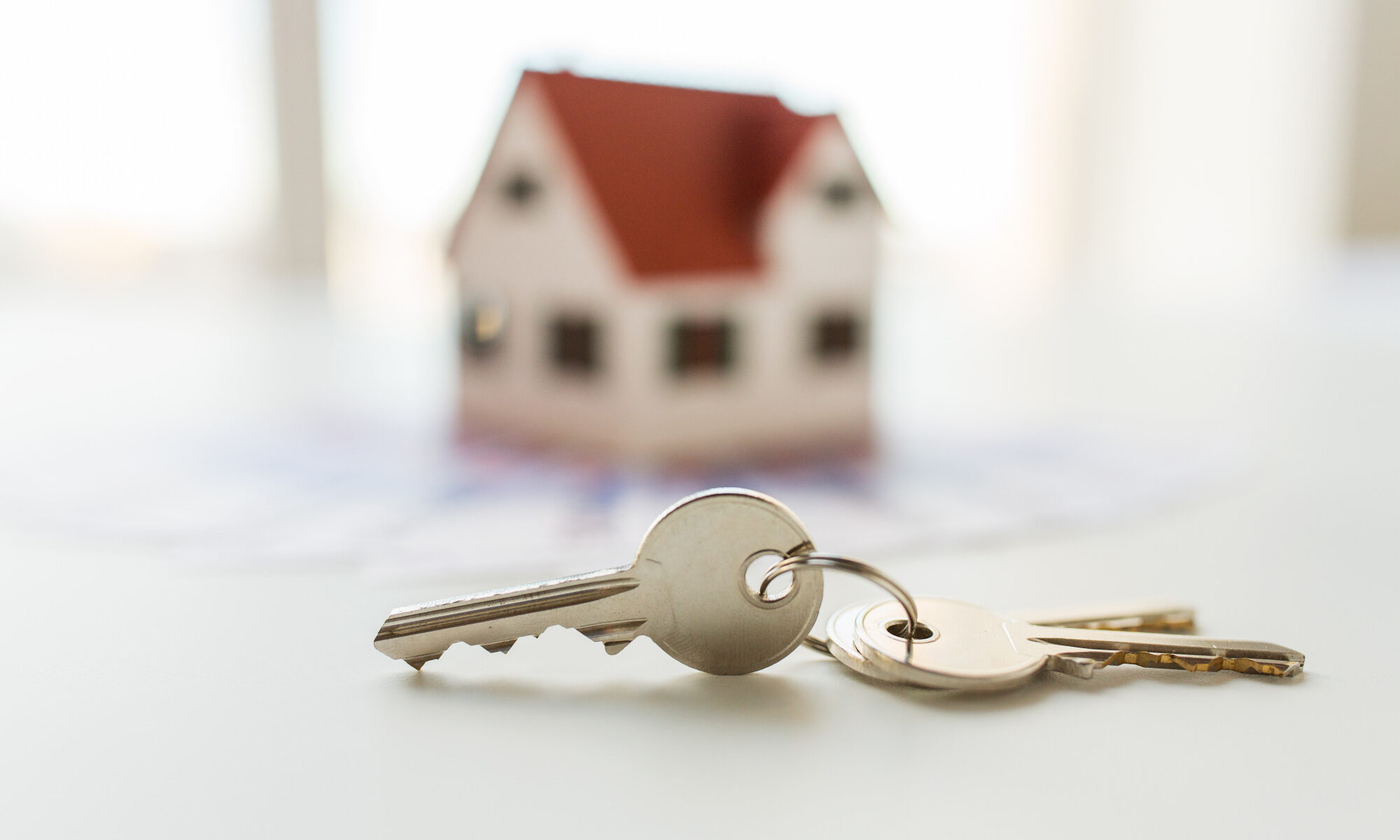Navigating through a divorce or separation with your partner is nothing short of anxiety-inducing. It is often a process of untangling two economically and emotionally connected lives. Yet, the complexity of this process is confounded when children are involved.
It’s no secret that a divorce or separation can have profound effects on a child’s behaviour. No matter how the divorce or separation is handled, it’s impossible to predict how your child will react, or change, as a result of the decision.
Thankfully, this situation doesn’t have to be without its level of control. Research has shown that understanding how your child’s behaviour may change beforehand can significantly help you mitigate behavioural problems that arise.
Join us today as we outline and explore the most common behavioural changes a child can present as a result of divorce or separation.
Take In the Bigger Picture – First-Year Problems
Working through a divorce or separation can often put us in a hyperactive mindset. We become extremely problem-focused, to rebuild the foundation beneath our lives. Whilst we all experience this differently, it is extremely common for this attitude to cross over to problems our child may be facing.
This is a mistake in the first year of a divorce or separation.
Children of all ages, even into their teenage years, will have difficulty adapting to such a large change in their sociological structure. Your child may be experiencing extreme stress, depression, or anxiety for the first time in their life.
Because of this, changes in their behaviour during this period will be erratic. You will likely see your child act in ways you’ve never witnessed before.
We are absolutely not saying you need to distance yourself from your child going through this. Provide them with the same love and support you always would.
Simply acknowledge that this time will be difficult for everyone, and isn’t a reflection of any long-term effects.
Let’s instead delve into the more common long-term behavioural changes that children experiencing their parent’s divorce or separation often exhibit.
The Most Common Effects of Divorce or Separation on Children’s Behaviour
There are many long-term effects a divorce or separation can have on your child’s behaviour in the long-term. Here is a selection of the most common behavioural changes that can manifest:
Anger and Irritability
Divorce and separation will be overwhelming to most children, especially when they are younger. This can cause, in the long-term, a tendency to express themselves with anger or general irritability.
This will likely not be due to an overwhelming external cause, but instead over small hiccups in daily life. You may notice your child is more prone to arguing with you, shouting, or generally being upset over small inconveniences.
Studies into adolescent behaviour of divorced parents show that, later in life, anger issues can often become engrained.
Emotionally Sensitive
A somewhat subtle behavioural change is emotional sensitivity for children with divorced or separated parents. Children, in general, are emotionally sensitive to begin with, so it’s no surprise that this can often fly under the radar.
If you notice your child having a more muted, or explosive emotional response than normal, this is likely a sign they are emotionally sensitive.
Research into this behaviour reveals it is most commonly derived from anxiety. Children, especially teenagers, often are not well-equipped to deal with anxiety. This causes internal emotional turmoil, most often expressed externally as emotional sensitivity.
Prone to Sickness
Whilst it may be surprising to hear, studies have shown that children of divorce or separation have a higher perceptibility to general illness. There is a wide range of medical factors at play here, but the most likely culprits are stress, depression, anxiety, and difficulty with sleep.
Insomnia
Jumping off from our last point, we should talk about insomnia. Academic studies into insomnia have noted that adults with divorced parents have a higher likelihood to develop the condition later in life.
The majority (<70%) of adult insomnia patients expressed that they had difficulty sleeping when they were younger. Especially through the years following their parent’s divorce or separation.
In Conclusion
We know that seeing these effects spelled out so plainly can feel overwhelming, even daunting, to conceptualize when it comes to understanding how your child may be affected by divorce or separation.
However, it’s vital that you know that there is no guarantee that any, or all, of these behavioural effects, will manifest in your child. Every kid is different, and with a loving and supportive household, there is no reason to think any of these effects will take root.
Yet, if they do, you have already equipped yourself with the foresight to tackle these problems when they arise. Remember, there is always support out there for you and your child, no matter the problems you face.



